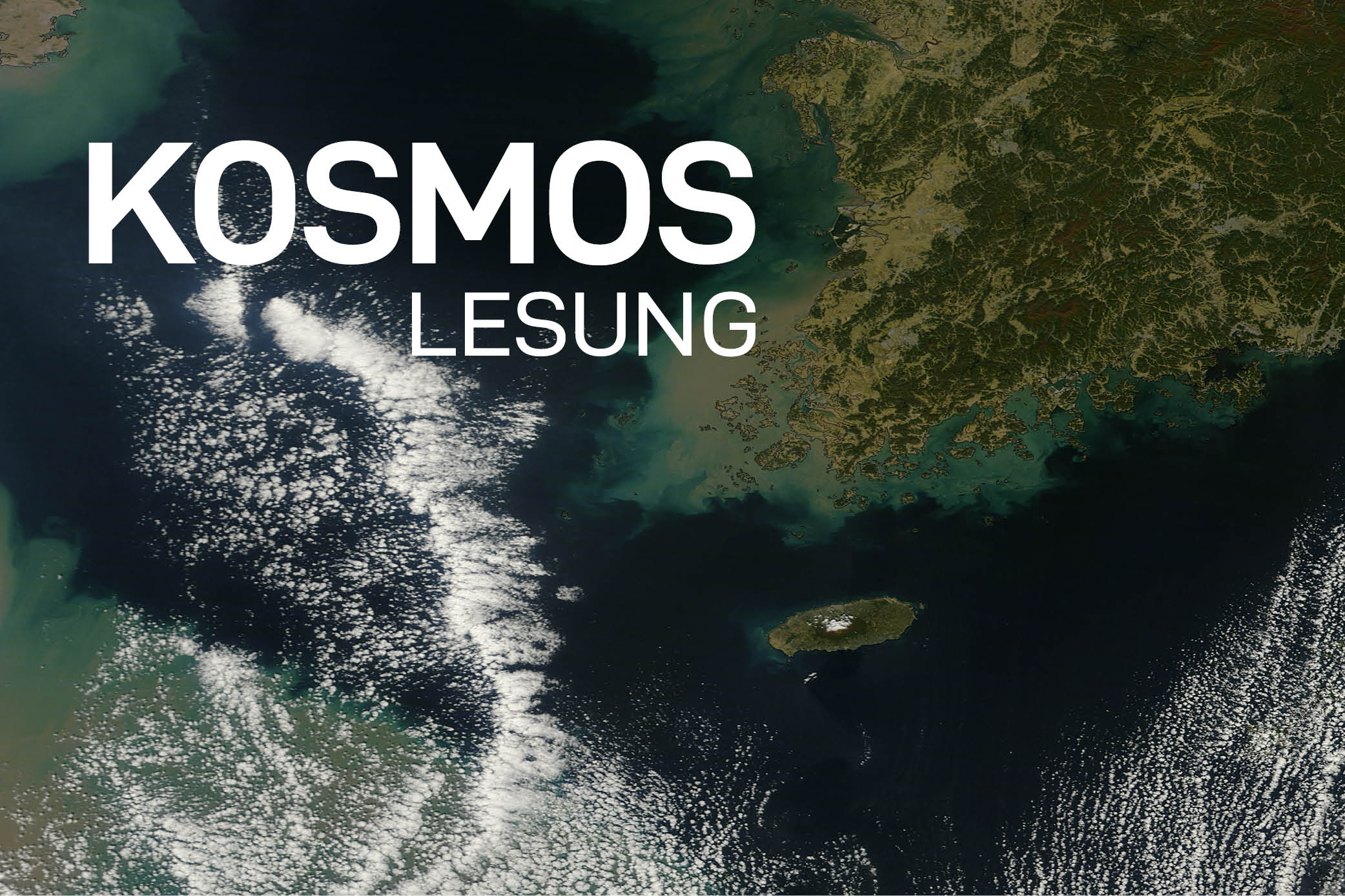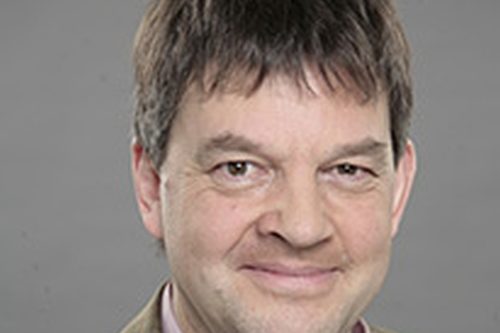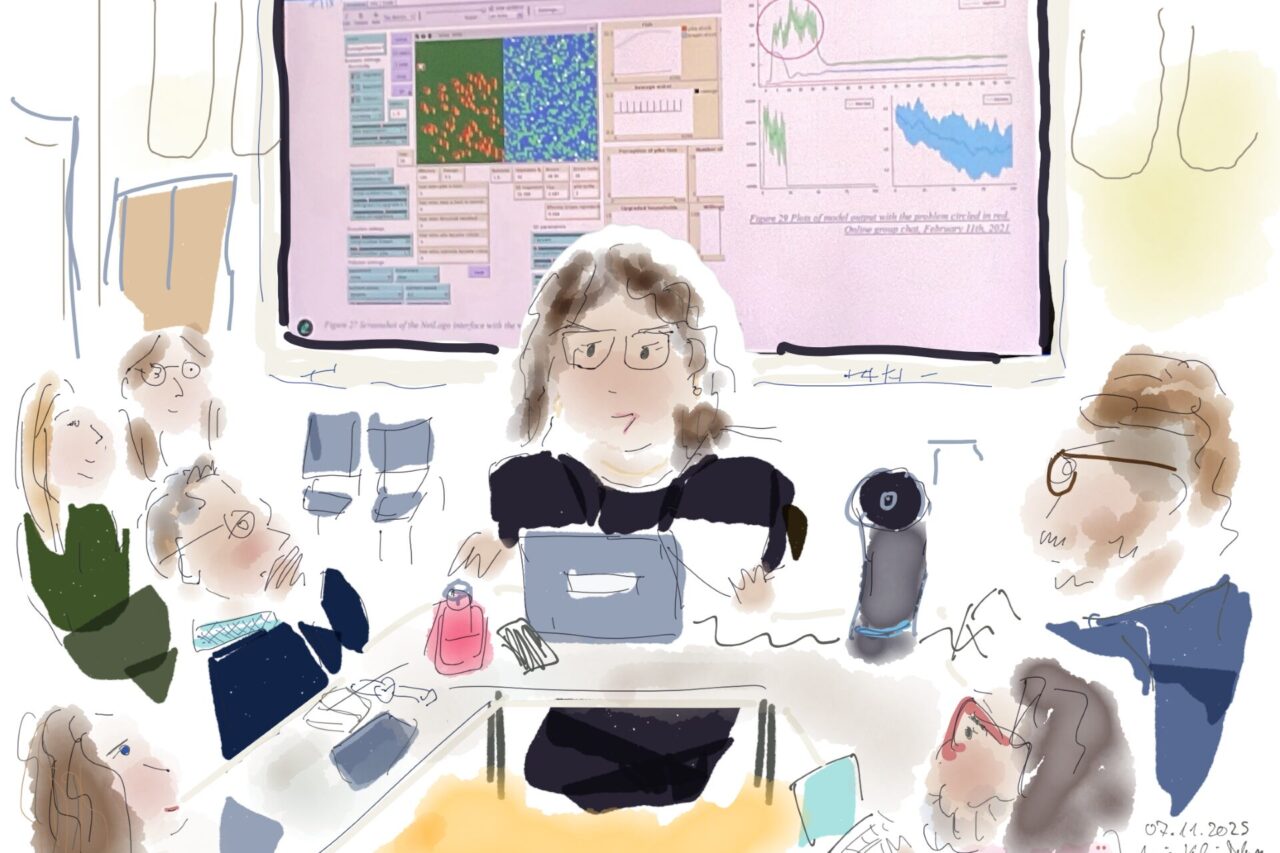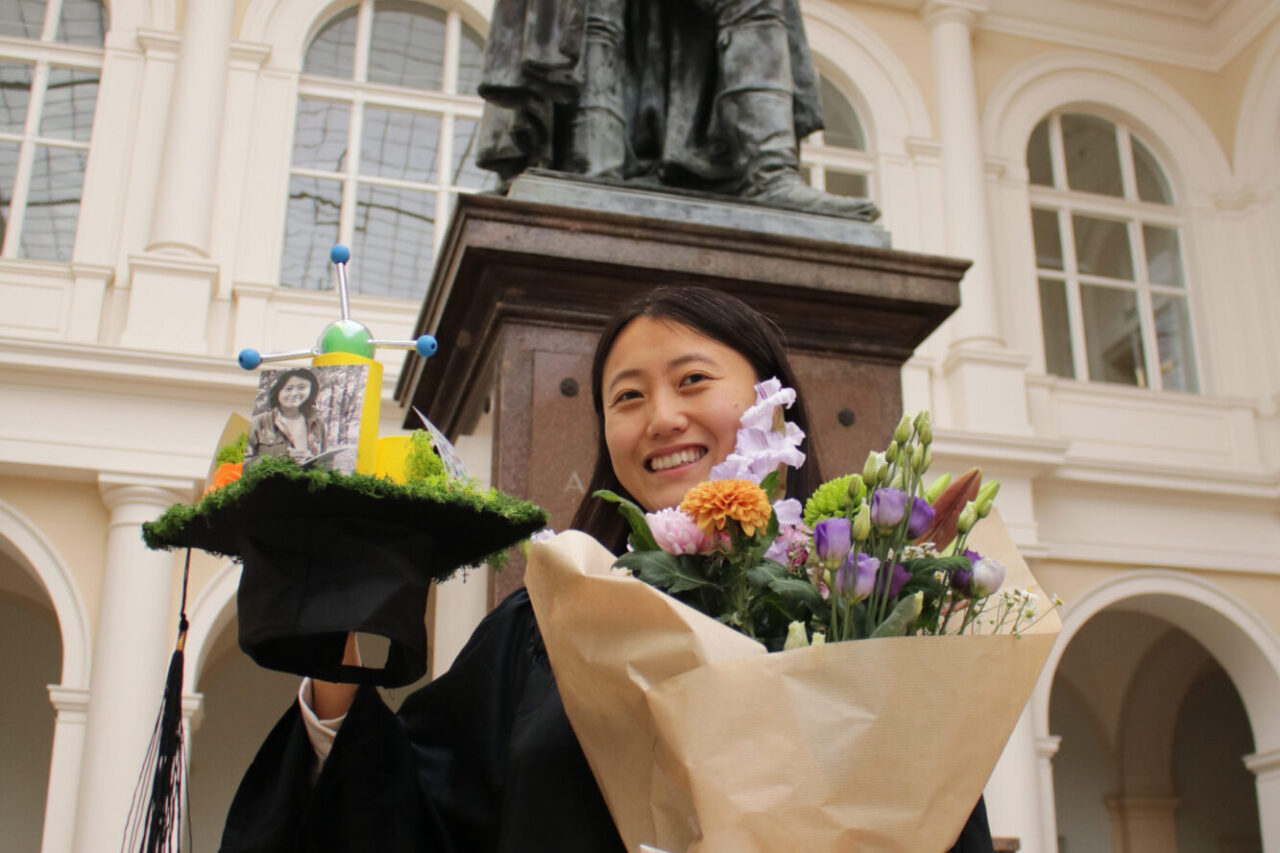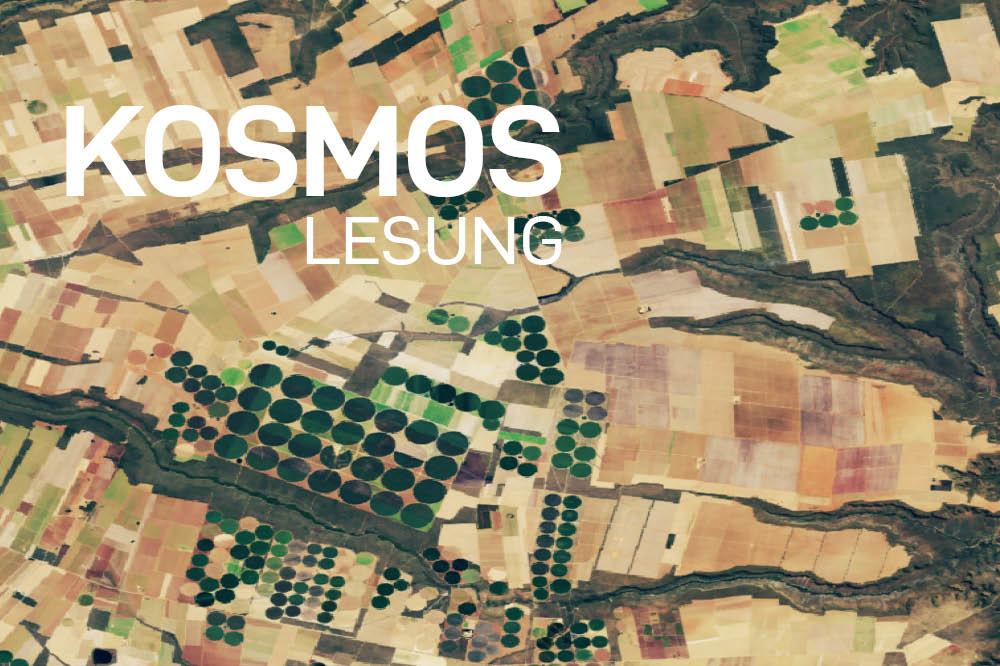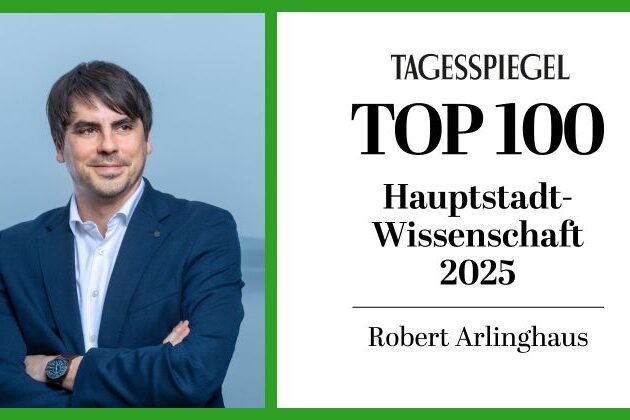
In her KOSMOS-Lesung taking place on 22 May 2025, Dr. Bixia Chen demonstrates the deep relationship between biodiversity and culture in Okinawa. She highlights how Fengshui-based landscapes and sacred forests support environmental conservation.
Biodiversity and Culture: Unraveling the Symbiosis between Nature and Human Heritage
22.05.2025, 18.00-19.30
HU Berlin, Unter den Linden 6, Senatssaal
This KOSMOS-Lesung examines the relationship between biodiversity and culture, with a focus on Okinawa’s traditional village landscape. Built upon Fengshui principles, villages are protected by multilayered forests and curving roads that shield them from typhoons and monsoonal winds. Dr. Bixia Chen explores how these ancient cultural practices contribute to environmental conservation, emphasizing the role of sacred forests and trees, including Fukugi (Garcinia subelliptica), in the cultural heritage of the Ryukyu Islands. The lecture also delves into the evolution of sacred sites and their connection to spirituality, illustrating the complex interplay of forestry policy, biodiversity, and community practices.
Dr. Bixia Chen is an associate professor of the Faculty of Agriculture at the University of the Ryukyus, Japan. She is the co-editor of “Traditional Rural Landscapes in Island Topography in East Asia” and coedited with Prof. Chris Coggins the book “Sacred Forests of Asia: Spiritual Ecology and the Politics of Nature Conservation.” She has published refereed articles in diverse fields of urban forestry, village landscape, eco-tourism, and even rural tourism. Her current work includes the inventory of traditional homestead windbreak trees on small islands of the Ryukyu Archipelagos, and the management and conservation strategy for traditional village landscapes and old growth trees on the islands.
Moderation: Prof. Dr. Marcel Robischon, Professor of Agricultural Ecology and tHead of the Division of Agricultural Ecology at Humboldt-Universität zu Berlin
About the lecture series
The KOSMOS-Lesungen are in the tradition of one of the most famous lecture series in the German history of science: Alexander von Humboldt’s Kosmos lectures. Around 200 years ago, the natural scientist spanned the entire world and all disciplines of science. Today’s KOSMOS lectures are dedicated to the challenging transformation processes in the age of the Anthropocene.
Photo credits: NASA Earth Observatory



